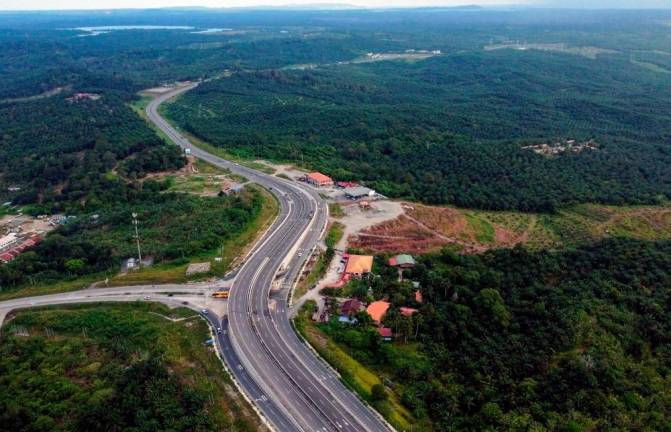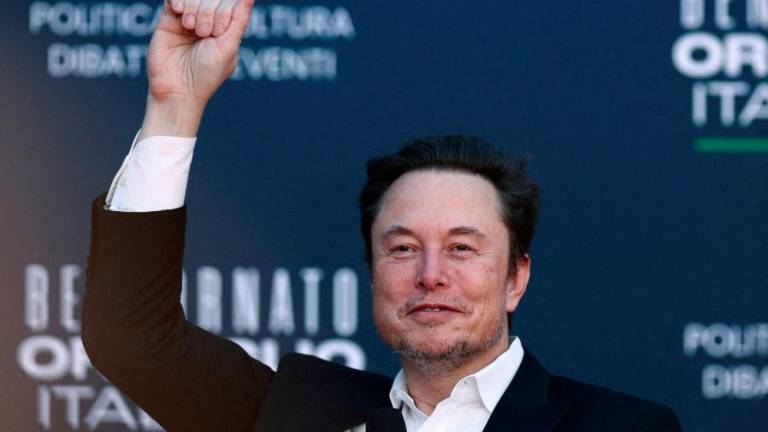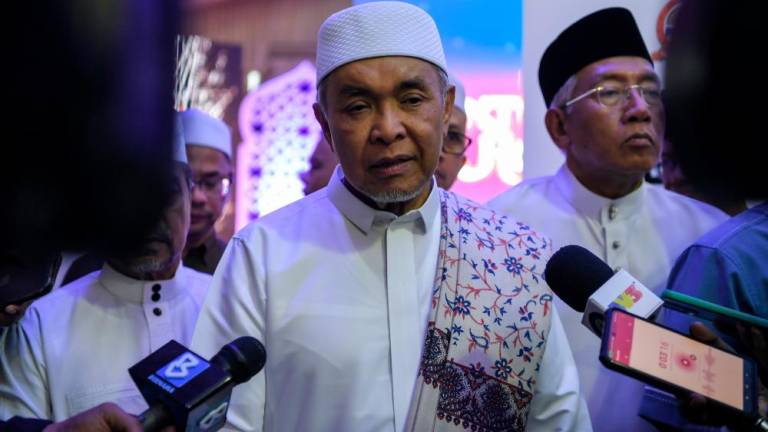WITH the nation celebrating the 50th anniversary of Rukun Negara on Aug 31, some attention should be given to clarifying its first tenet — Belief in God. Most citizens either believe in God or believe in godliness. Why does Belief in God need clarifying? Because Covid-19 has shown that this tenet can be harmful if misunderstood.
Two months ago, the outgoing president of Burundi Pierre Nkurunziza died. Officially it was heart attack, but unofficially the speculation was that he died of Covid-19. Pierre Nkurunziza, 55, told his nation a month before his death that God had “cleared the coronavirus from Burundi’s skies.” Before the president’s death, his spokesman claimed that Burundi “has signed a special covenant with God, whether you believe it or not”.
In the United States , millions are refusing to wear face masks and instead they pin their hopes for survival on belief in God. The governor of Florida included attendance at religious service as among the “essential services” to be maintained during a lockdown.
In hot spots around the globe, devotees still congregate for mass prayers and religious classes in the belief that God will protect worshippers from harm.
The coin of belief has another side: God will kill those who are not among the faithful.
Back in 2019 a political party division chief called the deaths of four rival elected representatives “a warning against Malaysians choosing the wrong political party” as it incurred the wrath of God. When the general election comes round again, you can expect a flurry of such utterances.
As the term “God” has never been clarified to meet the exacting standards of science, our notion of God mostly reflects personal and communal identity as well as temperament. This is how it gets distorted and dangerous.
The fifth and last tenet of the Rukun Negara is Courtesy and Morality. The gap separating it from Belief in God implies that there is no causal relationship. You can be moral without believing in God, and you can believe in God without being moral. There are very few Malaysians who don’t believe in God or godliness, but there are many who believe in God and lack morals.
Malaysia has a Jekyl and Hyde character in that it counts among the top 30 most religious countries in the world and at the same time you are cautioned against leaving your handphone unattended for more than 10 seconds in any public place. Should you get a strange call, it would be a scammer on the line.
Why has our Belief in God failed to produce an honest citizenry free of theft, robbery, scamming, dodging, and corruption?
Belief in God has no resemblance to Knowledge of God. To believe means you don’t really know, although you may claim to know. Copernicus, Bruno, and Galileo became famous because they defied a belief enforced by the religious authorities. In their time, Belief in God required the people to believe that the Earth was the centre of the universe and the sun went round the earth. The people held tightly to their belief; only these three persons knew God because they investigated and found the truth.
Your goal should not be to deepen your belief in God; it should be to gain more knowledge of God. Until today, Belief in God usually requires people to believe that God made humans in a special way entirely separate from animals, and that animal species are also created separately from one another.
But 19th century naturalist Charles Darwin reasoned that if every species were independently created in pop-up fashion, there would be a general disconnectedness of life on earth and the human species would be disconnected from all other life forms.
Darwin investigated and found that all species including humans were connected together by chains of affinities — a monumental discovery that linked science to spirituality and showed the two as intertwined pathways.
He gathered irrefutable evidence that unbroken links connect all life forms on Earth from the single-celled to the human.
This false belief in the unlinked creation of humanity produces a horrifying consequence in massive environmental despoliation. Without Knowledge of God, people have no inkling that destruction of ecosystems disrupts the chain of life and exposes humans to killer zoonotic viruses.
Belief has its place, for example, when you believe that your mind can heal. In this application of the word, belief stimulates your body’s auto-healing mechanism to overcome a sickness. Even then, the power of belief is limited by the severity of the sickness it has to overcome.
The writer champions interfaith harmony. Comments: letters@thesundaily.com














